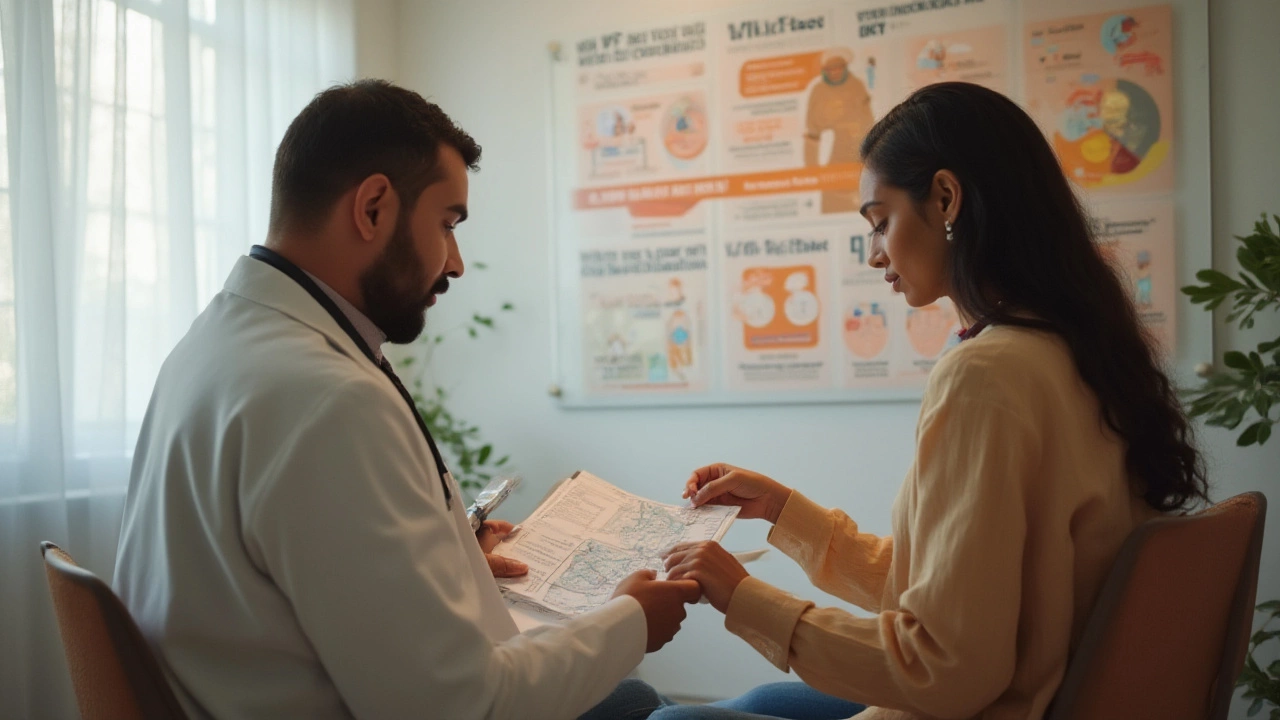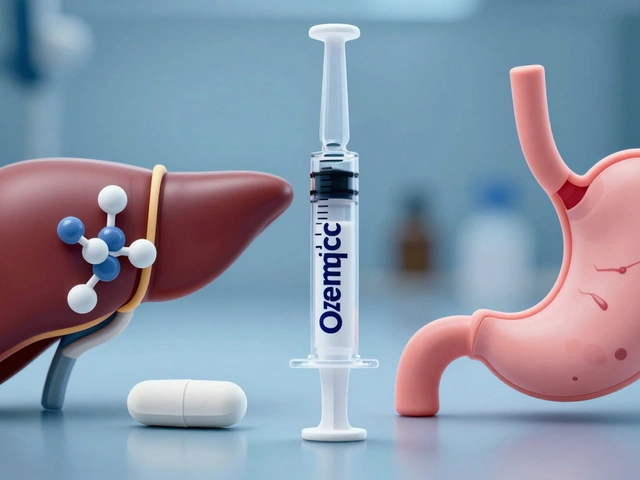Fertility Treatment Risks: What You Need to Know
If you’re considering IVF, IUI, or any other fertility help, the excitement often mixes with anxiety about safety. You’ve probably heard about miracle babies, but every medical step brings its own set of warnings. Knowing the real‑world side effects helps you ask the right questions and weigh the benefits against the drawbacks.
Hormone shots are a cornerstone of most fertility cycles. Drugs like gonadotropins boost egg production, but they can also cause ovarian hyperstimulation syndrome (OHSS). OHSS ranges from mild bloating to severe fluid buildup that needs hospital care. Most women experience mild symptoms—abdominal pain, nausea, rapid weight gain—but you should monitor any sudden swelling and call your clinic immediately.
Procedural Risks You Can’t Ignore
Egg retrieval, embryo transfer, and even sperm injection sound routine, yet each carries a small chance of complications. The needle used for egg collection can cause bleeding or infection, while anesthesia always has a risk, however tiny. During embryo transfer, the catheter may irritate the uterus, leading to spotting or cramping. These events are rare, but knowing they exist lets you prepare mentally and log any unusual signs.
Another hidden danger is multiple pregnancies. Because doctors often aim for a higher success rate, they may transfer more than one embryo. Twins or triplets increase the risk of preterm birth, gestational diabetes, and high blood pressure for the mother. Discuss single‑embryo transfer options; many clinics now favor them to lower these odds.
Long‑Term Health Considerations
Beyond the immediate cycle, some fertility drugs may affect future health. Studies suggest a slight increase in ovarian cysts and, in rare cases, borderline ovarian tumors after repeated high‑dose hormone therapy. While the data isn’t conclusive, it’s smart to ask your doctor about cumulative dosage limits and schedule regular follow‑up scans.
Emotional stress is a real side effect too. The rollercoaster of hope, disappointment, and hormonal mood swings can strain relationships and mental well‑being. Consider counseling or support groups early, so you have a coping plan when cycles don’t go as expected.
Bottom line: fertility treatments can open doors to parenthood, but they aren’t risk‑free. Ask your specialist about OHSS signs, the number of embryos you’re comfortable transferring, and any long‑term monitoring they recommend. Staying informed turns a scary unknown into a manageable part of your journey.

Biggest IVF Risks: Understanding Complications, Side Effects, and Safety Tips
A deep dive into the biggest risk of IVF, critical complications, and safety insights to support couples on their fertility journey. Real facts, statistics, and expert tips.

How Soon Can You Do IVF After Having a Baby?
Mar, 20 2025



